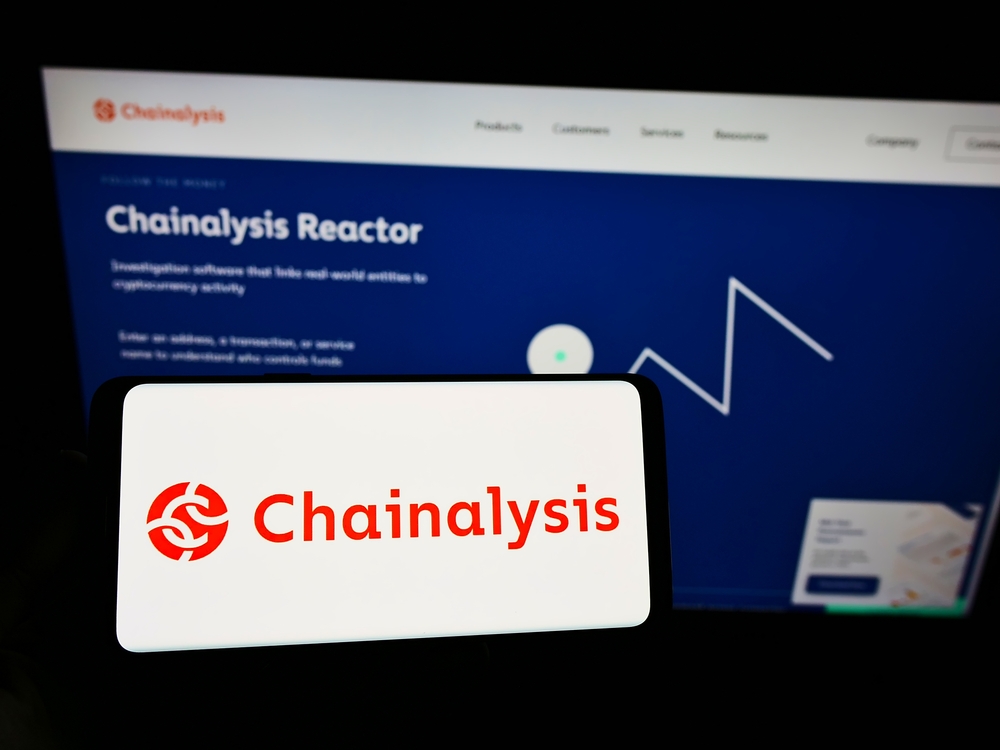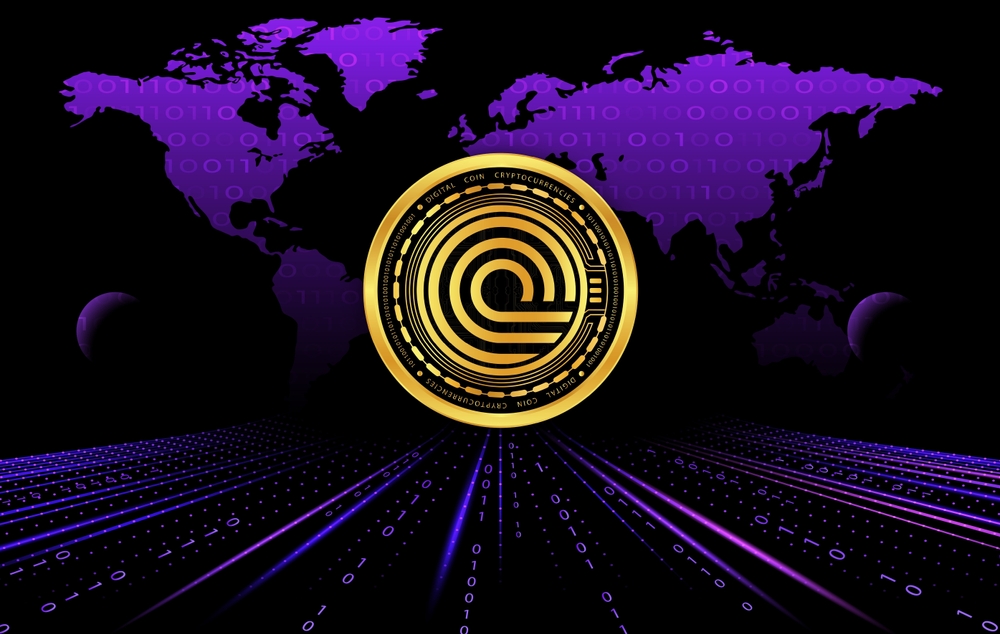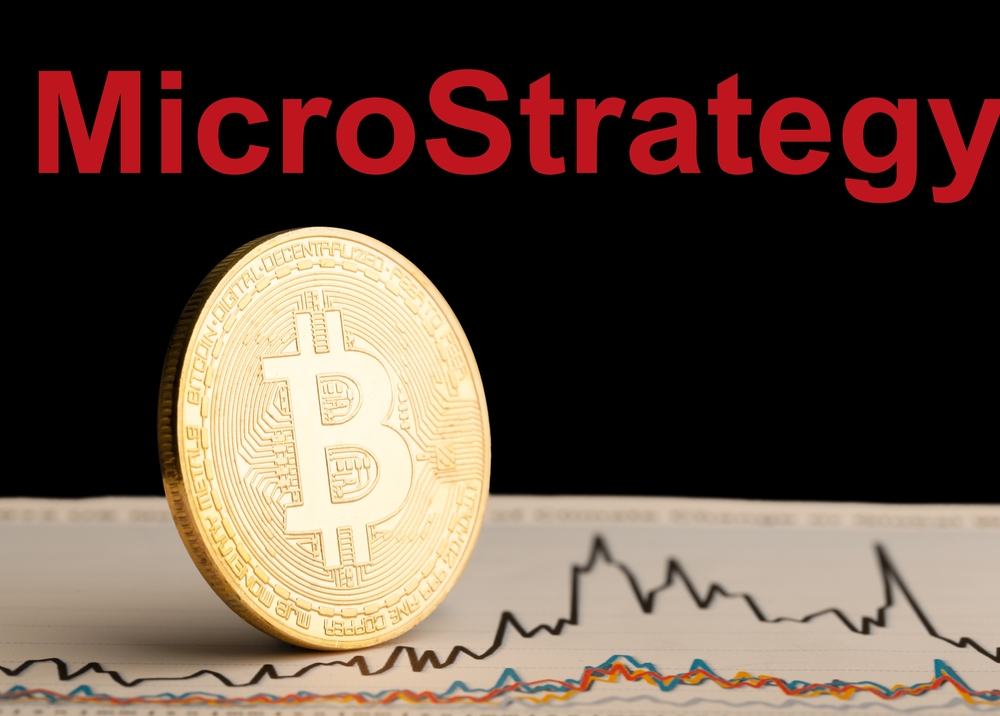Table of Contents
ToggleIntroduction
Chainalysis and Elliptic are two leading companies in the field of blockchain analysis and cryptocurrency investigations. Both companies provide advanced tools and services that help governments, financial institutions, and private enterprises track and understand cryptocurrency transactions. Chainalysis and Elliptic play crucial roles in ensuring compliance with global regulations and aiding law enforcement in fighting financial crimes involving virtual assets.
Chainalysis, known for its robust blockchain analysis tools, has partnered with several government agencies, including the IRS, to combat illicit activities in cryptocurrency. By analyzing transaction patterns and identifying suspicious activity, Chainalysis helps authorities track down and apprehend criminals. Similarly, Elliptic employs sophisticated software to trace bitcoin and other cryptocurrencies back to real-world identities, making it easier to enforce anti-money laundering laws and ensure compliance.
Both Chainalysis and Elliptic continue to innovate, adapting their technologies to the ever-evolving landscape of virtual assets. Their solutions not only assist in preventing and investigating financial crimes but also provide valuable insights for businesses looking to navigate the complex world of cryptocurrencies. As the demand for blockchain intelligence grows, these companies remain at the forefront, offering crucial services that foster transparency and security in the financial sector.
Key Takeaways
- Chainalysis and Elliptic aid governments and financial institutions in tracking cryptocurrency transactions.
- Their tools and services help enforce anti-money laundering laws and global regulations.
- Both companies continuously innovate to address the challenges posed by virtual assets.
Overview of Chainalysis and Elliptic
Chainalysis and Elliptic are leaders in the field of blockchain analytics. These companies provide tools and services to track and analyze cryptocurrency transactions. Both are instrumental in ensuring the transparency and security of blockchain technology.
Chainalysis, headquartered in New York, is known for its robust analytics platform. It helps organizations track crypto transactions and identify illicit activities. This has made it a favored choice among government agencies and businesses like Coinbase.
Elliptic, based in London, offers similar services but focuses on connecting bitcoin activity to real-world identities. It utilizes a large proprietary database with millions of bitcoin addresses. This capability allows it to aid in preventing fraud and ensuring regulatory compliance.
Key Features
| Feature | Chainalysis | Elliptic |
|---|---|---|
| Headquarters | New York | London |
| Main Focus | Tracking crypto transactions | Connecting bitcoin to real-world identities |
| Notable Clients | Government agencies, Coinbase | Financial institutions, law enforcement |
| Unique Selling Point | Comprehensive analytics platform | Large proprietary bitcoin address database |
Use Cases
- Government Agencies: Both companies assist in tracking funds associated with illegal activities.
- Businesses: Helps companies like Coinbase ensure compliance and security.
- Financial Institutions: Provides insights to prevent fraud.
Technology
Both companies leverage blockchain technology to provide insights. They utilize blockchain analysis to interpret transaction data and ensure safety within the cryptocurrency landscape.
Chainalysis and Elliptic are pivotal in the crypto industry, offering crucial tools for blockchain analysis. These companies help ensure that the growing world of cryptocurrencies remains transparent and secure.
For detailed insights, refer to this review on blockchain privacy challenges.
The Role of Blockchain Intelligence
Blockchain intelligence plays a crucial role in monitoring cryptocurrency transactions and ensuring regulatory compliance. It helps financial institutions and law enforcement agencies detect illicit activities and identify emerging trends in the cryptocurrency market.
Identifying Cryptocurrency Trends
Blockchain intelligence allows analysts to observe and understand patterns in cryptocurrency transactions. By utilizing tools from companies like Chainalysis and Elliptic, stakeholders can track the movement of digital assets across blockchains. This data can reveal trends such as the rise of particular cryptocurrencies, shifts in trading volumes, and popular transaction times.
These insights are valuable for financial institutions as they can assess the market and make informed investment or operational decisions. For law enforcement, understanding trends helps in predicting and preventing criminal activities that use cryptocurrencies.
Supporting Compliance and Regulatory Efforts
Blockchain intelligence tools are vital for regulatory compliance. Software from firms like Elliptic can connect cryptocurrency transactions to real-world identities, making it easier for institutions to follow KYC (Know Your Customer) and AML (Anti-Money Laundering) regulations. For example, Chainalysis provides real-time intelligence that helps in monitoring and reporting suspicious activities.
These efforts support financial institutions in maintaining compliance and avoiding fines or sanctions. They also aid law enforcement by providing evidence and leads in investigations involving digital currencies.
Blockchain intelligence thus ensures the integrity of financial systems and helps curb illicit financial activities through robust compliance and monitoring mechanisms.
Law Enforcement and Anti-Money Laundering
Law enforcement employs anti-money laundering measures to track and prevent financial crimes. Tools from companies like Chainalysis and Elliptic are essential in identifying illegal activities and combating terrorism.
Combating Financial Crimes
Law enforcement agencies face rising challenges as criminals use sophisticated methods to launder money. Financial crimes include money laundering and funding terrorism. Agencies track these crimes to protect the financial system.
Using anti-money laundering software, such as those developed by Chainalysis and Elliptic, provides a way to monitor suspicious transactions. This software analyzes vast amounts of data and can identify patterns related to illegal activities.
Regulations require financial institutions to implement stringent checks. Collaboration between law enforcement and these institutions is key. Effective anti-money laundering efforts can reduce the flow of illicit funds, enhance security, and uphold the integrity of the financial sector.
Tools for Crime Prevention
Chainalysis and Elliptic stand out in the fight against financial crime. Chainalysis offers a suite of tools to aid investigators in tracking movements of cryptocurrency. Their products help identify suspicious activity, connections, and potential criminal organizations.
Elliptic focuses on real-time transaction monitoring. Their tools benefit law enforcement by providing insights into activities that might be related to terrorism or other illegal activities. The data gathered by these tools supports investigations and aids in the prosecution of offenders.
Additionally, private companies such as CipherTrace also offer valuable anti-money laundering solutions. By combining these tools, agencies can more efficiently target and disrupt financial crimes, playing a crucial role in maintaining security and trust in the financial system.
Transaction Monitoring and Analysis
Accurate tracking and monitoring of blockchain transactions is crucial for financial risk management. Tools like Chainalysis and Elliptic provide insights into transaction flows and risks.
Real-Time Tracking of Transactions
Real-time tracking of transactions helps to detect suspicious activities quickly. Companies like Chainalysis and Ellipticoffer software that monitors blockchain networks. These tools allow for instant identification of irregularities.
Financial institutions use these services to stay compliant with regulations. By tracking transactions in real-time, they can spot and stop money laundering efforts. This keeps the financial system safe and secure.
Assessing Financial Risks
Assessing financial risks involves analyzing transaction data to determine potential threats. Chainalysis and Elliptic provide solutions that help in understanding financial risk patterns. For example, Elliptic offers datasets for analyzing transaction behaviors.
These tools are essential for anti-money laundering (AML) and counter-terrorist financing (CFT) efforts. They help identify high-risk transactions and flag them for further investigation. By doing so, they assist in maintaining financial integrity and reducing fraud.
Integration with Financial Institutions
Chainalysis and Elliptic play crucial roles in the financial sector by enhancing banking security and ensuring regulatory compliance. Their tools and platforms provide significant benefits to banks and financial institutions.
Enhancing Banking Security
Banks and other financial institutions face constant threats from cybercriminals. Chainalysis and Elliptic offer advanced blockchain analysis tools that help these institutions detect and prevent fraud.
For example, financial institutions use Chainalysis to track suspicious transactions in real-time. This allows banks to act quickly against potential money laundering or fraud activities. Chainalysis also helps in identifying and monitoring wallets involved in illicit activities.
Elliptic provides similar benefits by offering tools that analyze blockchain transactions. This helps banks assess the risk associated with cryptocurrency transactions. Elliptic’s solutions enable financial institutions to confidently engage with blockchain technology while minimizing risks.
Regulatory Compliance and Reporting
Regulatory compliance is essential for financial institutions. Chainalysis and Elliptic assist in ensuring that these organizations meet stringent compliance requirements, such as Sarbanes-Oxley compliance.
Chainalysis provides detailed reports that help banks comply with regulatory standards. These reports assist in identifying any discrepancies or suspicious activities that need to be reported to regulators. By using Chainalysis, banks can keep up with evolving regulations and maintain transparency.
Elliptic aids in regulatory reporting by offering automated solutions. These solutions simplify the process of generating compliance reports, thus saving time and resources. Banks can also use Elliptic’s tools to ensure adherence to anti-money laundering (AML) regulations.
Incorporating Chainalysis and Elliptic into their operations allows financial institutions to improve security and maintain compliance efficiently.
Tracking Illicit Activities in Cryptocurrency
With the rise of cryptocurrency, tracking illegal activities has become more crucial. Companies like Chainalysis and Elliptic are at the forefront of this effort, providing tools to identify and analyze suspicious transactions.
Uncovering Illegal Funds Transfers
Chainalysis uses advanced blockchain analysis to trace illegal funds. Their tools track the movement of assets across the blockchain, identifying suspicious patterns. According to research, crypto-related crime is growing, making these tools essential for law enforcement.
Elliptic specializes in tracing illicit transactions by using blockchain analytics. They can follow funds through various wallets and mixing services like Tornado Cash, which criminals often use to hide their tracks. This helps in recovering stolen or illegal funds worth millions, as seen in multiple cases where significant amounts were recovered.
Addressing Privacy Coin Challenges
Tracking privacy coins like Monero presents unique challenges due to their high anonymity. Both Chainalysis and Elliptic are developing techniques to trace transactions involving these coins. For instance, Chainalysis has made strides in analyzing patterns despite the obfuscation methods used in these transactions.
Privacy coins utilize techniques like ring signatures and stealth addresses, making traditional tracking methods ineffective. Elliptic employs machine learning and other advanced techniques to separate legitimate transactions from illegal ones. This is crucial for regulatory compliance and combating money laundering activities facilitated through privacy coins.
Technology and Innovations
Blockchain analytics and artificial intelligence (AI) are reshaping financial monitoring. These technologies enhance workflow automation, improve data tracking, and ensure better security in blockchain networks.
Advancements in Blockchain Analytics
Blockchain analytics is crucial for understanding transactions and identifying suspicious activities. Tools like Chainalysis offer detailed insights into blockchain data. These tools can trace cryptocurrencies from their origin to their current state, revealing patterns and networks within the blockchain.
Elliptic provides software that connects bitcoin transactions to real-world entities. This helps in combating financial crimes, allowing for more transparent and secure blockchain networks. Such software is key for investigators who seek to disrupt illicit activities by analyzing transaction histories Analytical tools for blockchain.
These advancements also aid regulators and financial institutions. They can now better comply with anti-money laundering (AML) measures and other regulatory requirements. Blockchain analytics thus represents a significant leap in securing digital assets and enhancing financial transparency.
Artificial Intelligence in Financial Monitoring
AI is transforming financial monitoring by automating complex processes and enhancing data accuracy. Chainalysis and other companies use AI to identify and predict illicit activities. Machine learning algorithms can scan massive datasets to spot unusual patterns that may indicate fraud or money laundering.
This technology enables quicker and more precise decision-making. AI can process vast amounts of data far faster than human analysts, making it an invaluable tool for financial institutions and regulators.
AI’s integration into financial monitoring systems also aids in the prediction and prevention of future risks. By continuously learning and adapting, AI systems can provide ongoing protection against evolving threats in the financial sector. This ensures a safer and more reliable environment for cryptocurrency transactions.
Global Compliance and Cryptocurrency Regulation
Regulatory bodies worldwide have been actively shaping the guidelines that govern cryptocurrency activities to ensure compliance. These regulations significantly impact how exchanges operate and implement security measures.
Cross-Border Regulations
Cross-border regulations play a crucial role in establishing uniform standards for cryptocurrency exchanges. The United States, Japan, and Singapore are notable for their stringent regulatory frameworks. In the US, the SEC and CFTC enforce strict compliance measures to combat illicit activities. Japanese regulations focus on protecting investors and ensuring transparency. Singapore’s approach involves a balanced regulatory environment to foster innovation while minimizing risks. These measures help prevent money laundering and fraud across different jurisdictions. Each country’s effort contributes to a global framework that aids in the standardized regulation of cryptocurrencies.
Impact on Crypto Exchanges
Cryptocurrency exchanges are profoundly affected by global compliance standards. To operate legally, exchanges must adhere to anti-money laundering (AML) and know your customer (KYC) policies. This includes verifying user identities and monitoring transactions for suspicious activities. Chainalysis and Elliptic provide tools that assist exchanges in meeting these regulatory requirements. For example, Chainalysis offers transaction tracking to detect and prevent illegal activities. Compliance with these regulations helps exchanges gain trust from users while avoiding legal repercussions. In turn, this promotes a safer trading environment. It’s essential for exchanges to stay updated with evolving regulations to maintain lawful operation in multiple regions.
Case Studies and Real-World Applications
Chainalysis and Elliptic have played key roles in identifying and prosecuting criminal activities using blockchain technology. Their tools have been crucial for financial institutions and law enforcement agencies in fighting fraud and crime.
Significant Cases Solved
Chainalysis has been instrumental in solving high-profile cases involving cryptocurrency. One notable case is the tracking of Bitcoin transactions linked to the Silk Road, an infamous darknet marketplace. By providing detailed transaction histories, Chainalysis helped authorities trace the flow of funds and eventually seize the illicit earnings.
Elliptic has contributed to major breakthroughs as well. In one instance, Elliptic’s software was used to identify and recover stolen funds from a prominent cryptocurrency exchange hack. Their algorithms connected digital wallets to real-world identities, assisting law enforcement in apprehending the culprits.
Industry Impact and Success Stories
Chainalysis has expanded its influence beyond crime-fighting to helping financial institutions comply with regulations. Their tools are now standard in anti-money laundering (AML) programs, detecting suspicious activities and ensuring compliance with global standards. This adoption has increased transparency and trust in the cryptocurrency market.
Elliptic also boasts success stories in the financial sector. Their software is widely used by banks and exchanges to monitor transactions for illicit activities. Elliptic’s ability to link blockchain actions to real-world identities has made them a trusted partner in ensuring the security and integrity of financial operations.
Through these efforts, both companies have made significant contributions to the legitimacy and safety of the cryptocurrency industry.
Training and Educational Resources
Chainalysis and Elliptic offer a range of training and educational resources designed to enhance industry knowledge and ensure compliance for financial institutions. These programs focus on equipping professionals with the skills needed to navigate the complex landscape of blockchain analytics.
Building Industry Knowledge
Chainalysis and Elliptic provide various opportunities to build industry knowledge. They offer online courses, webinars, and workshops that cover blockchain technology fundamentals, cryptocurrency transaction tracing, and the identification of illicit activities.
Participants can access detailed case studies that illustrate real-world applications and challenges. These resources are tailored to different expertise levels, from beginners to advanced users, ensuring that everyone can benefit from the training.
Compliance Training Programs
Compliance training programs are essential for financial institutions to meet regulatory requirements. Chainalysis and Elliptic provide specialized training sessions focusing on Anti-Money Laundering (AML) and Counter Financing of Terrorism (CFT).
These programs include modules on regulatory frameworks, risk assessment, and best practices for compliance. Financial institutions can also take advantage of custom training sessions that address their specific needs, ensuring that their teams are well-equipped to handle compliance challenges effectively and efficiently.
Corporate and Organizational Growth
Chainalysis and Elliptic have seen significant development in recent years, driven by expanding their customer base and continuous innovation.
Expanding Customer Base and Market Presence
Chainalysis has significantly grown by serving various clients, including the IRS and financial institutions like Mitsubishi UFJ Financial Group. Chainalysis’s tools help track and analyze cryptocurrency transactions, enabling them to expand their market presence.
Elliptic also demonstrates robust growth. They provide software to connect Bitcoin transactions, serving government agencies and private companies. Their broad customer base enhances the company’s market standing.
Key highlights:
- Chainalysis helps in government collaborations.
- Elliptic extends services to private sectors.
Innovation and Future Prospects
Chainalysis and Elliptic are known for their innovative approaches. For example, Chainalysis, co-founded by Michael Gronager, continually updates its tools to stay ahead of cyber threats. Their commitment to innovation has earned them a spot on the next billion-dollar startup list.
Adam Joyce, a key figure at Elliptic, emphasizes developing new blockchain analytics. These efforts ensure they remain at the forefront of the industry.
Key initiatives:
- Chainalysis’s updated tools.
- Elliptic’s focus on new blockchain analytics.
Both companies are poised for further growth, driven by their innovation and broader market reach.
Frequently Asked Questions
Chainalysis and Elliptic are prominent tools providing blockchain analysis, privacy safeguards, and security features, catering to various platforms and integrating with cryptocurrency exchanges.
What are the distinct features of Chainalysis and Elliptic?
Chainalysis offers tools like Chainalysis Reactor, which specialize in tracking and investigating cryptocurrency transactions. Elliptic is known for connecting bitcoin activity to real-world identities by utilizing a proprietary database with millions of bitcoin addresses.
How do Chainalysis and Elliptic tools aid in blockchain analysis?
Chainalysis provides blockchain analysis tools developed to assist in marking addresses and observing transaction patterns. Elliptic’s software helps trace illicit activities like money laundering by identifying links between transactions and known entities.
What platforms do Chainalysis and Elliptic provide services for?
Chainalysis and Elliptic deliver their services across multiple platforms, including cryptocurrency exchanges, financial institutions, and government agencies, enabling extensive transaction monitoring and threat detection.
What are the pricing models for Chainalysis and Elliptic solutions?
Chainalysis and Elliptic employ subscription-based pricing models for their software solutions. The exact costs can vary based on the extent of service, number of users, and specific use cases.
How do Chainalysis and Elliptic ensure the privacy and security of data?
Chainalysis and Elliptic adhere to strict security protocols to safeguard user data. They use encrypted databases and continuously update their security measures to protect against cyber threats and unauthorized access.
In what ways are Chainalysis and Elliptic integrated with cryptocurrency exchanges?
Chainalysis and Elliptic are integrated with cryptocurrency exchanges to monitor and analyze transactions. They help exchanges comply with regulatory requirements by providing tools to detect suspicious activities and prevent financial crimes.












